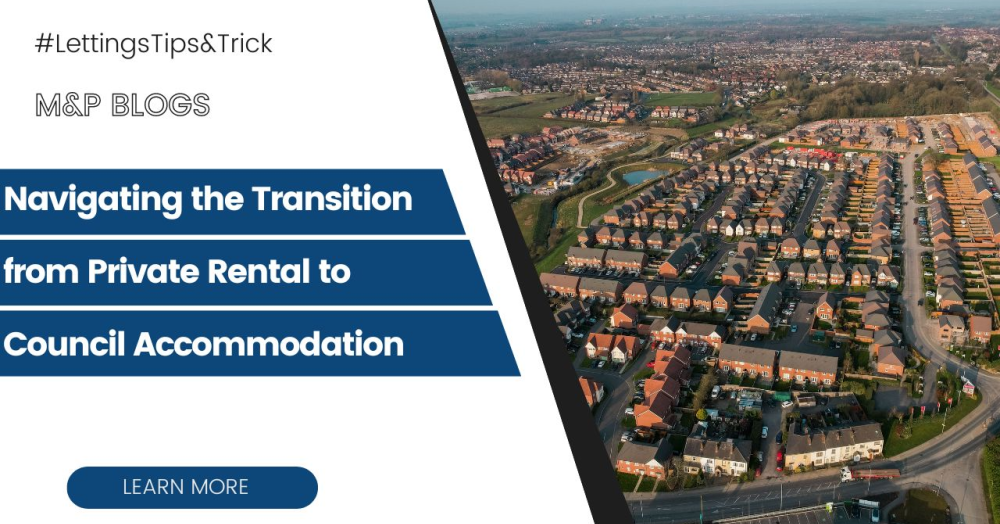Are you in the private rental sector and considering council accommodation? Understand the process to make an informed decision.
Transitioning from the private rental sector to council accommodation in the UK can be a daunting experience. Whether you are facing eviction or simply seeking more stable housing options, navigating the complexities of this process requires careful consideration and understanding of your rights.
When faced with the prospect of leaving your rental property before the bailiff arrives, promptly communicating with your landlord/letting agent and relevant authorities is crucial. By taking proactive steps, such as negotiating a timeline with your landlord or seeking advice from housing authorities, you may be able to avoid the stress of facing imminent eviction.
It is essential to be aware of the point at which you may become homeless. In the UK, homelessness can occur if you have no place to stay, are unable to access your accommodation, or are at risk of harm if you remain in your current living situation. Seeking support from local councils or homelessness charities is vital if you find yourself in this vulnerable position.
One of the pressing concerns for tenants facing eviction is the responsibility for court costs. In most cases, the landlord incurs the court costs associated with the eviction process. However, if the court orders the tenant to pay these fees, it is essential to seek legal advice and understand your rights and obligations under the tenancy agreement.
In the UK, the process of transitioning to council accommodation involves applying for housing assistance through the local authority. To be eligible for social housing, you need to meet specific criteria related to your income, household size, and housing needs. It is advisable to engage with your landlord/letting agent and the council's housing department to explore available options and understand the application process thoroughly.
Once your application for council accommodation is approved, you will be placed on a waiting list based on your priority status and the availability of suitable properties. While the waiting period can vary depending on demand and local housing conditions, staying informed and regularly updating your housing needs with the council can help expedite the process.
In conclusion, obtaining council accommodation after being in the private rental sector requires proactive communication, awareness of your rights, and a clear understanding of the housing application process. By seeking support from relevant agencies and staying informed throughout the transition, you can navigate this challenging period with confidence.


